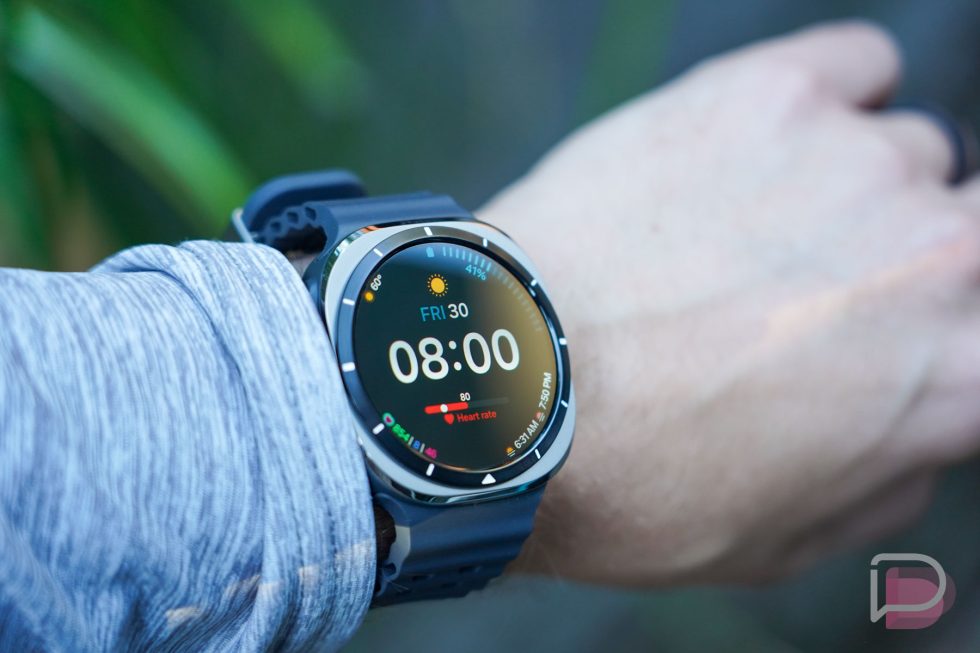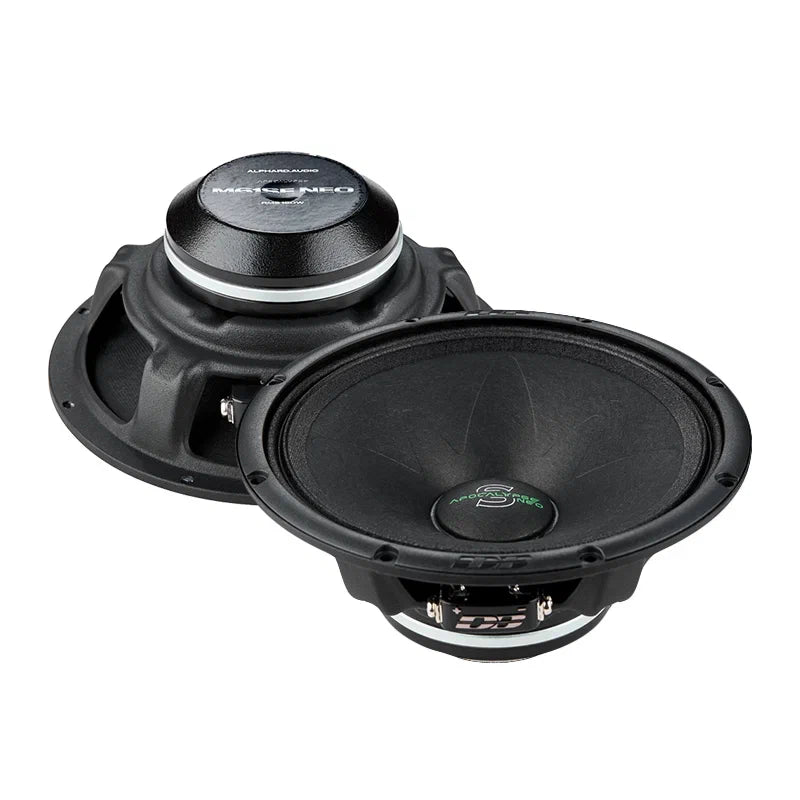10 Red Flags to Avoid When You Hire Data Scientists
Avoid costly hiring mistakes with this essential guide to red flags when recruiting data scientists. Learn to spot warning signs from resume gaps to communication issues that could derail your data science projects and team dynamics in 2025.

The High Stakes of Data Science Recruitment
Hiring the wrong data scientist can cost your company more than just salary expenses. Poor hiring decisions in data science roles often result in failed projects, missed deadlines, and damaged stakeholder confidence. When you hire data scientists, recognizing warning signs early can save months of frustration and thousands of dollars in wasted resources.
The competitive market for data talent has led many organizations to rush their hiring process, overlooking critical red flags that experienced recruiters know to watch for. Understanding these warning signs helps you make better decisions and build stronger data teams.
Recent industry surveys show that 40% of data science hires fail to meet expectations within their first year. This statistic highlights the importance of thorough vetting when you evaluate candidates for these critical roles.
Understanding the Cost of Bad Hires
A single bad hire in data science can impact entire project timelines and team morale. The average cost of replacing a data scientist ranges from $75,000 to $150,000 when you factor in recruitment, training, and lost productivity during the transition period.
Red Flag #1: Overemphasis on Buzzwords Without Substance
Candidates who constantly mention AI, machine learning, and deep learning without concrete examples often lack real experience. When you hire data scientists, look for specific project details rather than generic technology mentions. Genuine experts discuss challenges they've overcome and results they've achieved, not just tools they've supposedly used.
Watch for resumes loaded with every trending technology but lacking depth in any particular area. Quality data scientists typically specialize in specific domains while maintaining broad foundational knowledge.
Testing Technical Knowledge Depth
Ask candidates to explain a complex concept in simple terms. If they struggle to break down technical topics for non-technical audiences, they may not truly understand the material they claim to know.
Red Flag #2: Inability to Explain Previous Work Clearly
Strong data scientists can articulate their past projects to both technical and business audiences. Candidates who speak only in technical jargon or give vague descriptions of their work may struggle with stakeholder communication. When you hire data scientists, communication skills are just as important as technical abilities.
Look for candidates who can describe the business impact of their work, not just the technical implementation. The best data scientists understand how their analyses drive business decisions and can communicate value to leadership.
Business Impact Awareness
Quality candidates discuss ROI, cost savings, or revenue improvements their work generated. They understand that data science exists to solve business problems, not just to build impressive models.
Red Flag #3: No Questions About Your Data or Business Context
Experienced data scientists ask detailed questions about your data sources, quality, and business objectives during interviews. Candidates who show no curiosity about your specific challenges may lack the analytical mindset needed for success. When you hire data scientists, prioritize those who demonstrate genuine interest in understanding your unique situation.
Red flag candidates often focus solely on salary and benefits without exploring the work itself. This behavior suggests they view the role as just another job rather than an opportunity to solve meaningful problems.
Domain Expertise Importance
The best candidates research your industry beforehand and ask informed questions about sector-specific challenges and regulations that might affect their work.
Red Flag #4: Unrealistic Timeline Expectations
Candidates who promise quick fixes or claim they can solve complex problems in unreasonably short timeframes often lack real-world experience. Data science projects typically involve significant exploration, cleaning, and iteration phases that experienced professionals understand and communicate clearly.
Be wary of candidates who dismiss the importance of data preparation or underestimate the time needed for proper model validation. These attitudes often lead to rushed, unreliable solutions that fail in production environments.
Project Management Understanding
Experienced data scientists discuss project phases, potential roadblocks, and the iterative nature of analytical work. They understand that good data science takes time and proper methodology.
Red Flag #5: Poor Portfolio or GitHub Presence
In 2025, data scientists should have public work showcasing their abilities. Candidates with empty GitHub profiles or poorly documented projects may lack the discipline needed for collaborative development. When you hire data scientists, review their code quality and documentation standards carefully.
Look for clean, well-commented code and thorough project documentation. These qualities indicate professional standards and collaborative mindset essential for team environments.
Code Quality Assessment
Professional data scientists write readable code with appropriate commenting and version control practices. Poor coding habits often translate to maintenance nightmares down the road.
Red Flag #6: Resistance to Code Reviews or Collaboration
Data science increasingly requires teamwork and peer review processes. Candidates who seem uncomfortable with code reviews or collaborative development may struggle in modern team environments. Strong professionals welcome feedback and actively seek opportunities to learn from colleagues.
Watch for defensive attitudes when discussing past team experiences or code sharing practices. The best data scientists embrace collaborative problem-solving and knowledge sharing.
Team Integration Skills
Quality candidates discuss successful collaborations and demonstrate openness to different approaches and perspectives. They understand that diverse teams produce better solutions.
Red Flag #7: Lack of Statistical Foundation Knowledge
Many candidates focus heavily on machine learning tools while lacking fundamental statistical understanding. When you hire data scientists, ensure they grasp concepts like statistical significance, correlation versus causation, and proper experimental design principles.
Test their knowledge of basic statistical concepts during technical interviews. Candidates who struggle with foundational statistics may build models that appear impressive but lack scientific rigor.
Mathematical Competency
Strong candidates explain statistical concepts clearly and discuss when different analytical approaches are appropriate. They understand the mathematical foundations underlying their tools.
Red Flag #8: No Experience with Data Quality Issues
Real-world data is messy, incomplete, and often inconsistent. Candidates who haven't dealt with data quality challenges may struggle with practical implementation. Experienced professionals discuss data cleaning strategies and quality assessment techniques naturally.
Look for specific examples of how candidates have handled missing data, outliers, and inconsistent formatting in previous roles. These experiences indicate practical problem-solving abilities.
Data Engineering Awareness
Quality data scientists understand data pipelines, storage systems, and the importance of clean, reliable data sources for successful analysis projects.
Red Flag #9: Overconfidence in Model Performance Claims
Be skeptical of candidates who claim their models achieve impossibly high accuracy rates without discussing validation methods or potential limitations. Experienced data scientists are appropriately cautious about model performance and discuss validation strategies thoroughly.
Strong candidates mention cross-validation, hold-out testing, and potential overfitting concerns. They understand that model performance in production often differs from development metrics.
Realistic Performance Expectations
Professional data scientists discuss model limitations, edge cases, and monitoring strategies for deployed systems. They understand that no model is perfect.
Red Flag #10: Poor Cultural Fit and Communication Style
Technical skills alone don't guarantee success when you hire data scientists. Candidates who seem arrogant, dismissive of non-technical colleagues, or unwilling to explain their work clearly may struggle with stakeholder relationships.
Look for professionals who demonstrate patience, empathy, and genuine interest in helping others understand analytical insights. The most successful data scientists bridge technical and business worlds effectively.
Stakeholder Management Skills
Quality candidates discuss experiences working with diverse teams and adapting their communication style for different audiences. They understand that data science success depends on organizational adoption.
Screening Strategies to Identify Red Flags
Implement multi-stage interview processes that include technical assessments, case studies, and behavioral questions. This comprehensive approach helps identify red flags before making hiring decisions. When you hire data scientists, invest time in thorough evaluation processes.
Use practical exercises that mirror real work scenarios rather than abstract puzzle problems. These assessments reveal how candidates approach actual business challenges and work under realistic constraints.
Reference Check Importance
Always conduct thorough reference checks with previous managers and colleagues. These conversations often reveal red flags that don't surface during formal interviews.
Conclusion
Avoiding these red flags when you hire data scientists significantly improves your chances of building successful data teams. Take time to thoroughly evaluate candidates across technical skills, communication abilities, and cultural fit dimensions. The investment in proper screening pays dividends through reduced turnover, successful project outcomes, and stronger team dynamics.
Remember that hiring data scientists is about finding professionals who can translate complex analytical insights into business value. Focus on candidates who demonstrate both technical competence and the soft skills needed to drive organizational success. By recognizing and avoiding these common warning signs, you'll make better hiring decisions that support your long-term data science objectives.





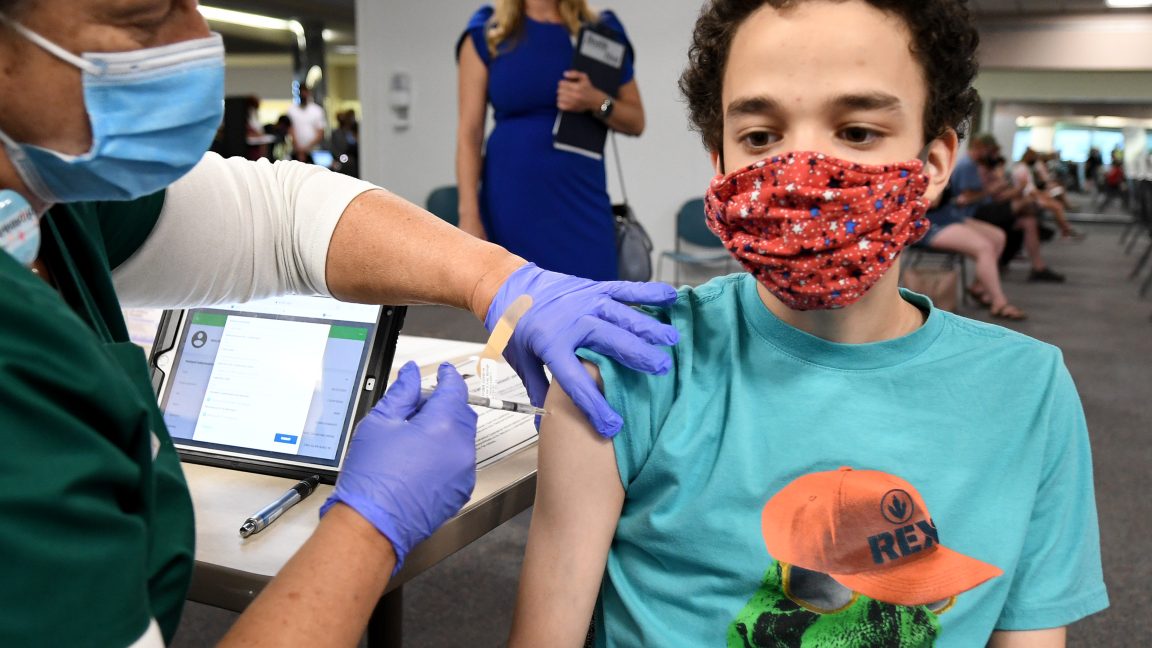













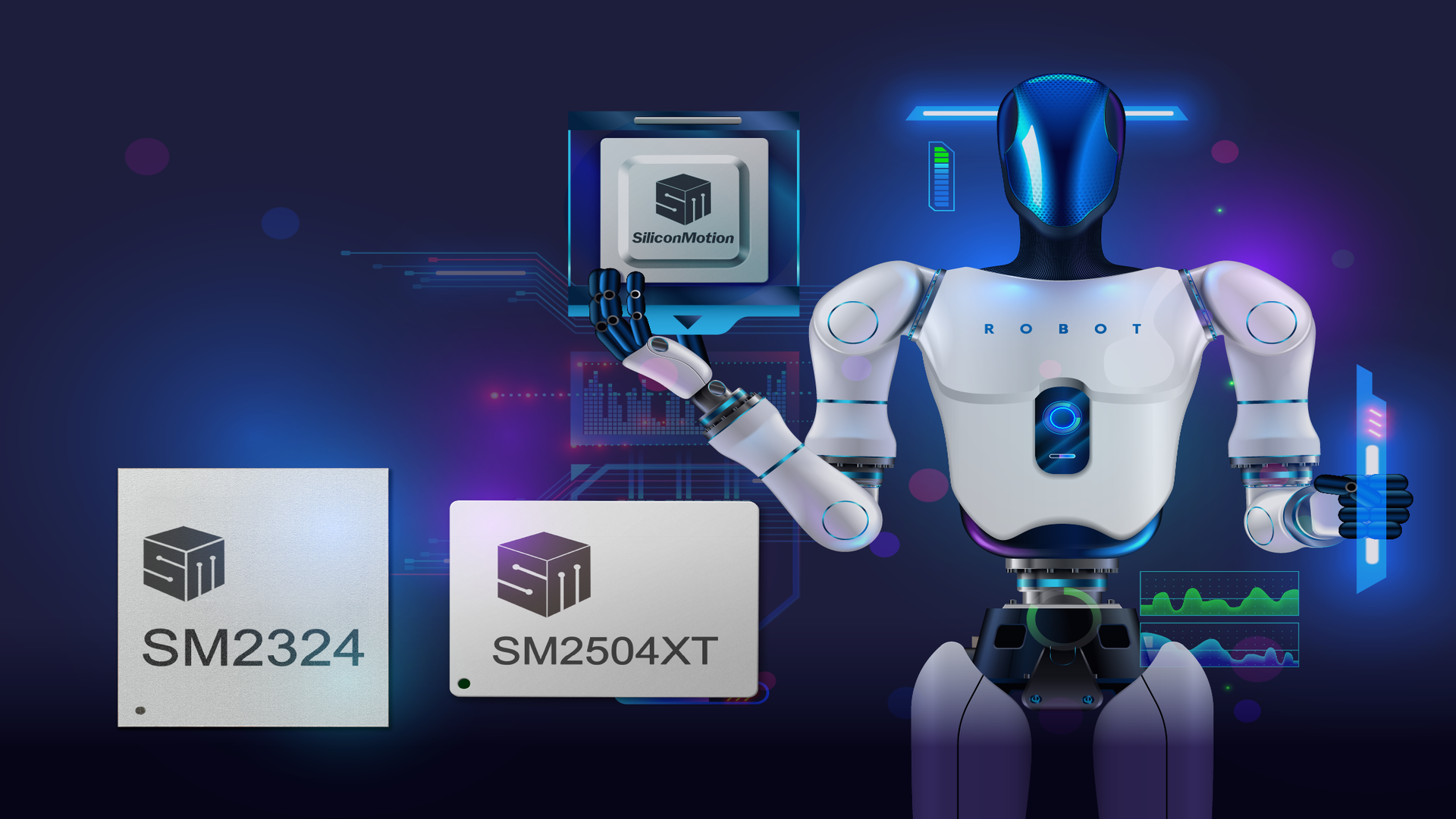


































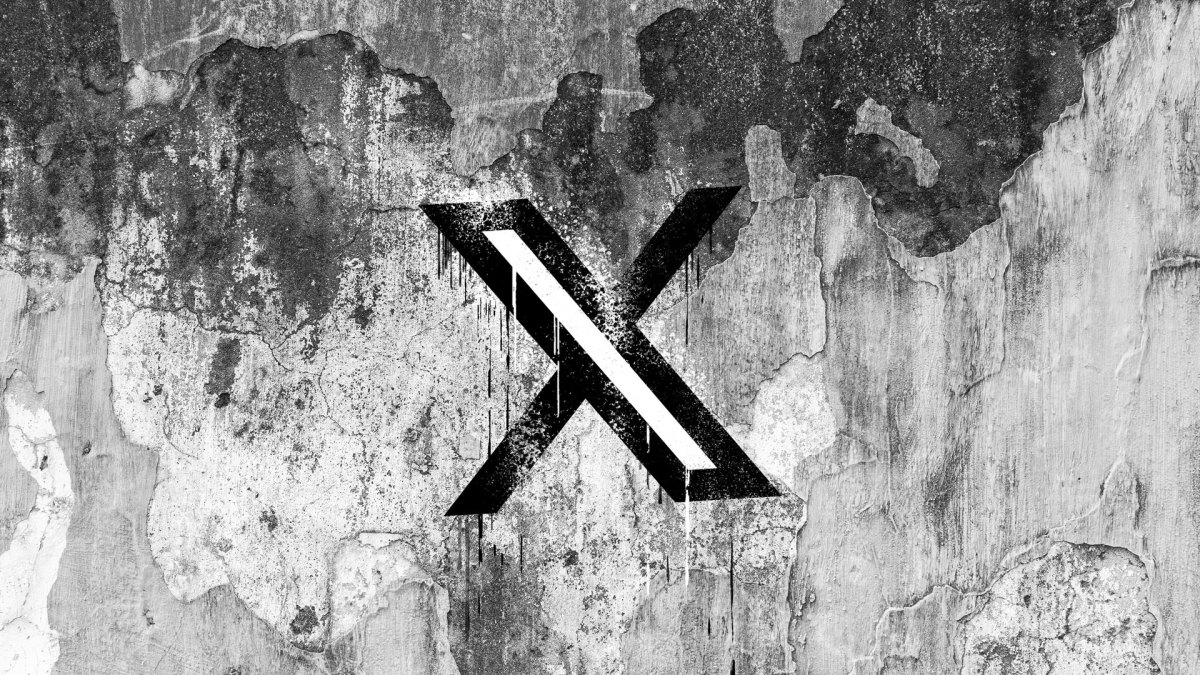































































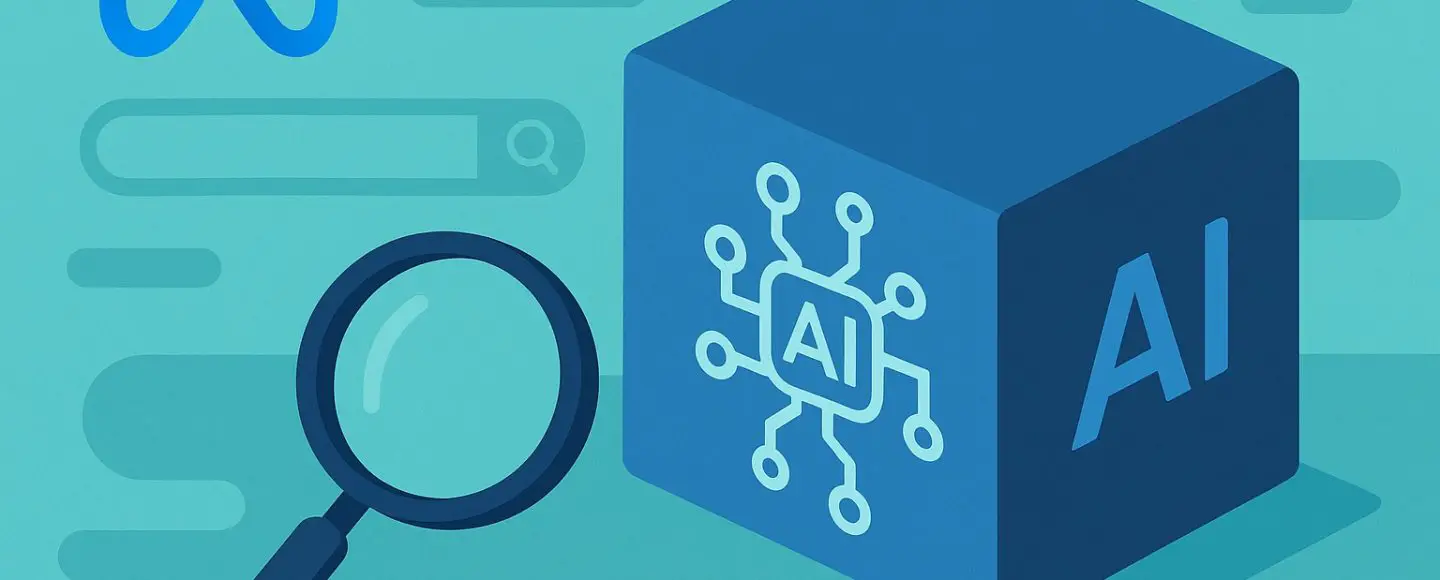






















































![[The AI Show Episode 150]: AI Answers: AI Roadmaps, Which Tools to Use, Making the Case for AI, Training, and Building GPTs](https://www.marketingaiinstitute.com/hubfs/ep%20150%20cover.png)
![[The AI Show Episode 149]: Google I/O, Claude 4, White Collar Jobs Automated in 5 Years, Jony Ive Joins OpenAI, and AI’s Impact on the Environment](https://www.marketingaiinstitute.com/hubfs/ep%20149%20cover.png)







































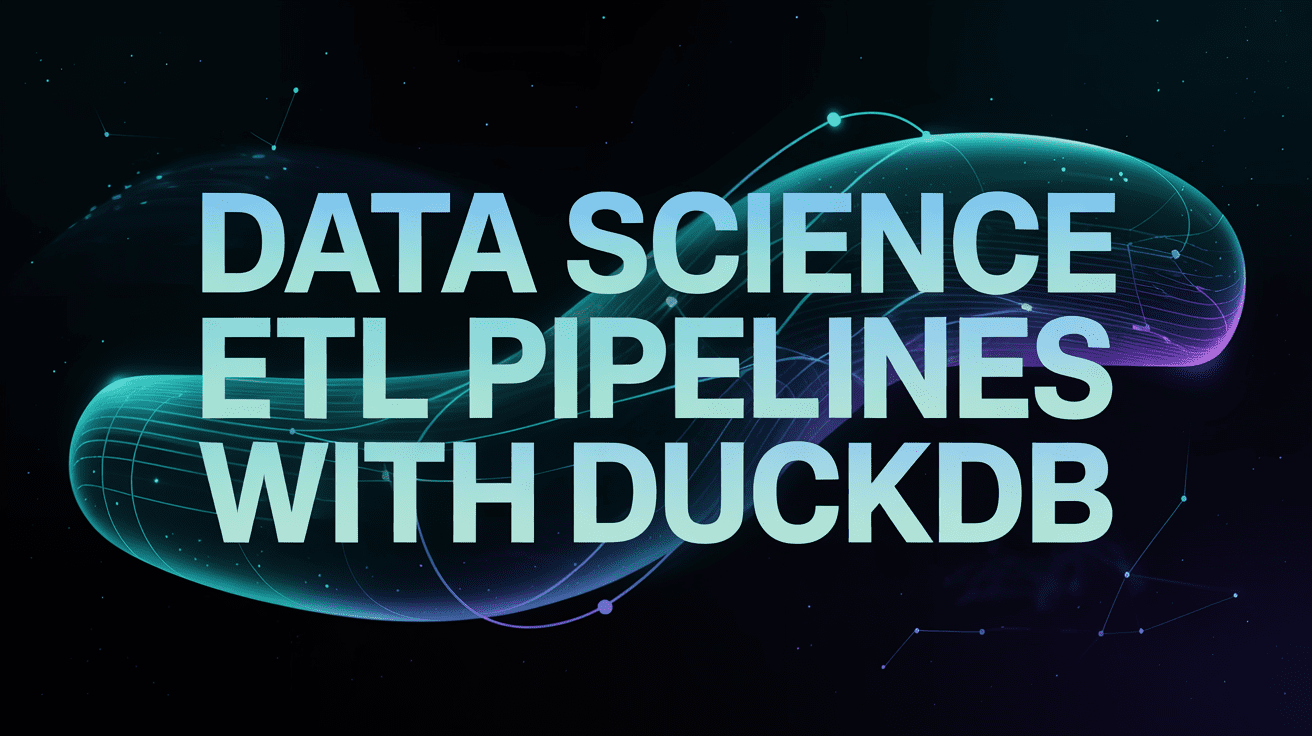




































































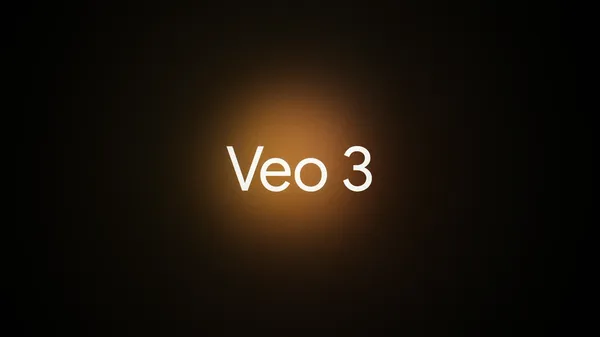

















![How to Survive in Tech When Everything's Changing w/ 21-year Veteran Dev Joe Attardi [Podcast #174]](https://cdn.hashnode.com/res/hashnode/image/upload/v1748483423794/0848ad8d-1381-474f-94ea-a196ad4723a4.png?#)



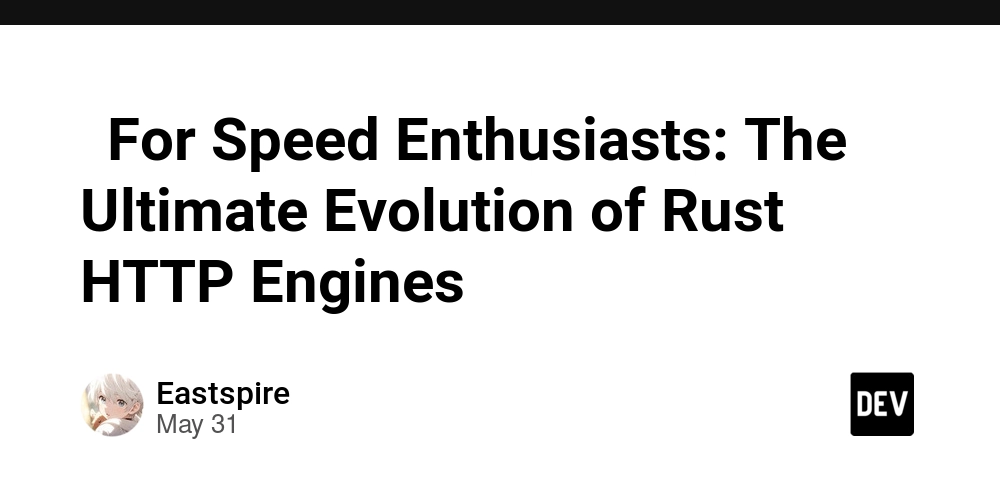
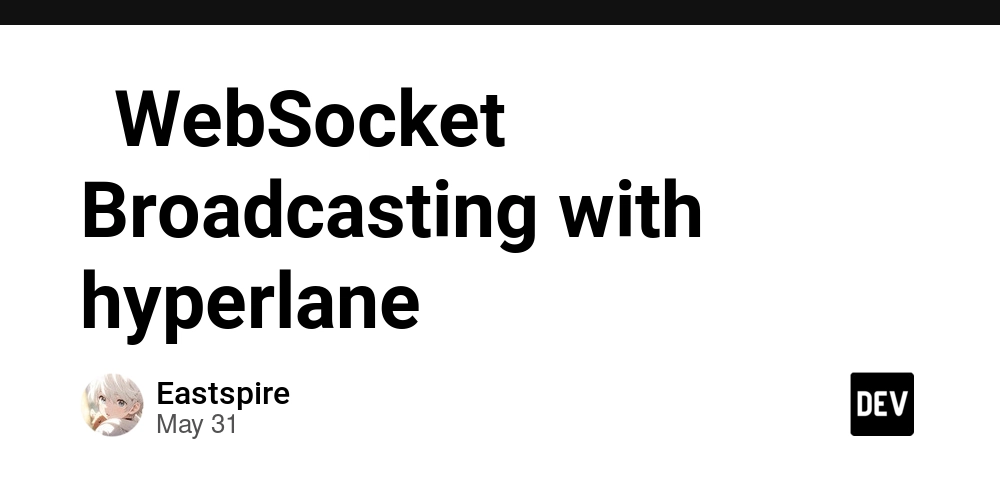
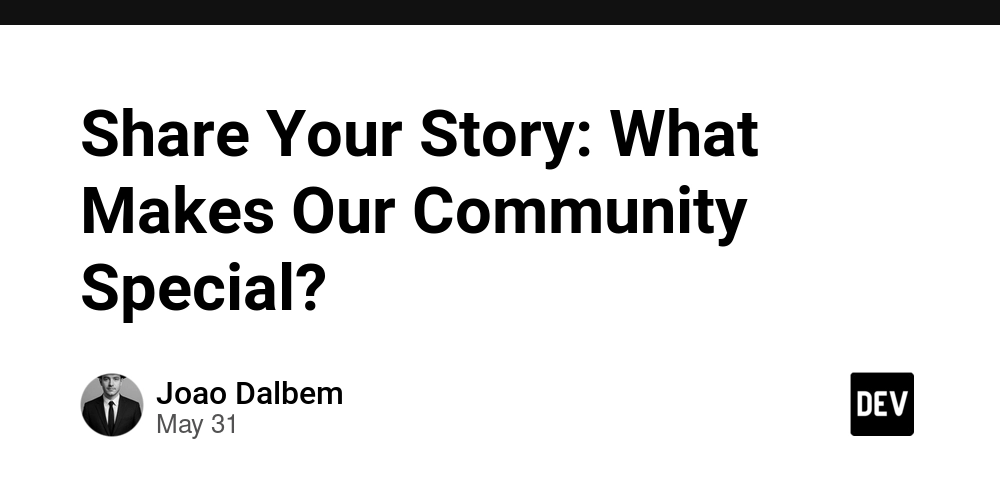


































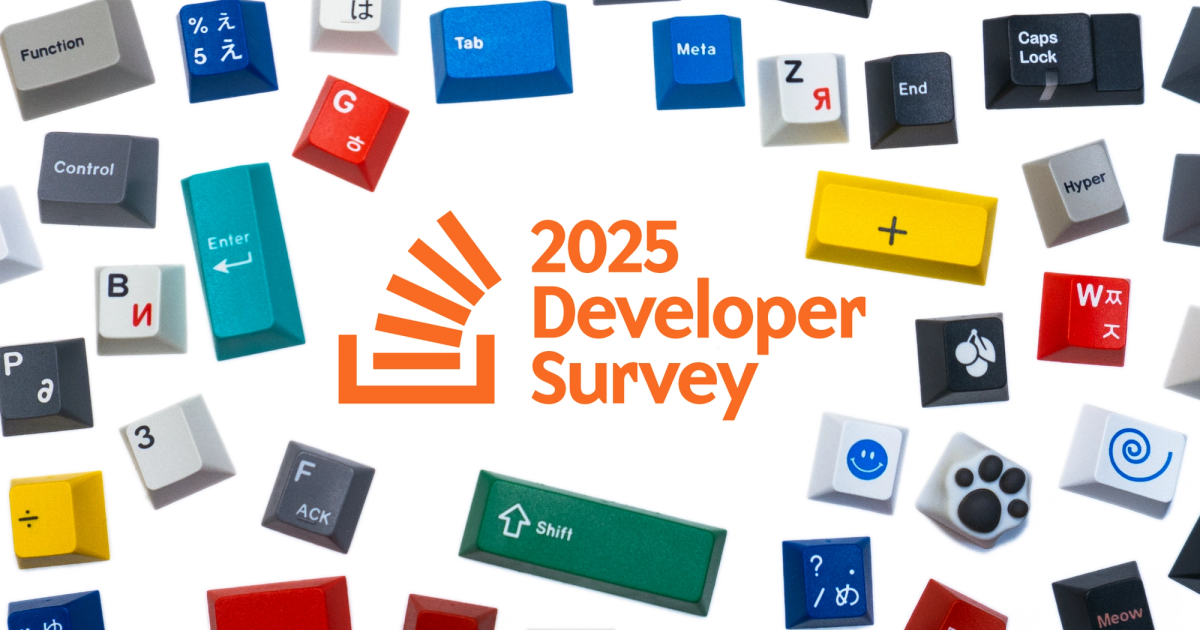



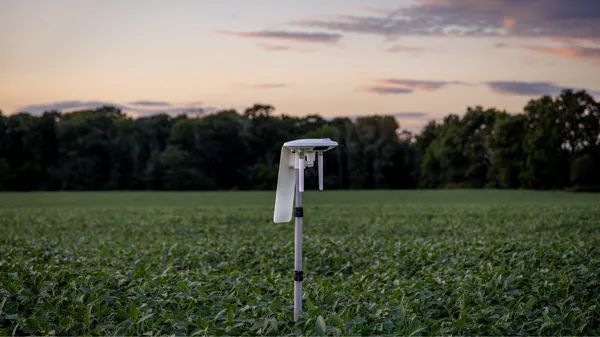



.jpg?#)













































































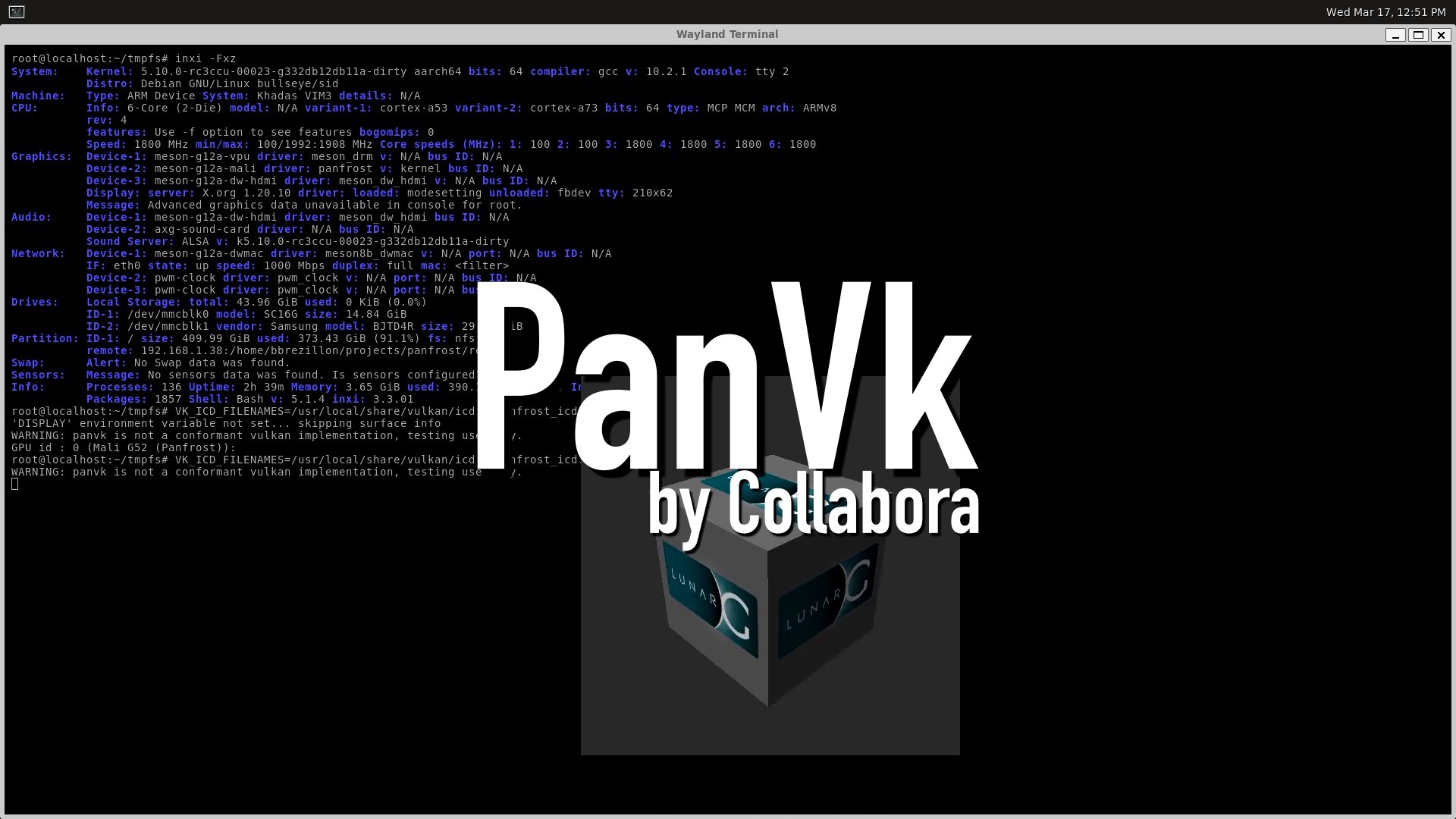









_ArtemisDiana_Alamy.jpg?width=1280&auto=webp&quality=80&disable=upscale#)






































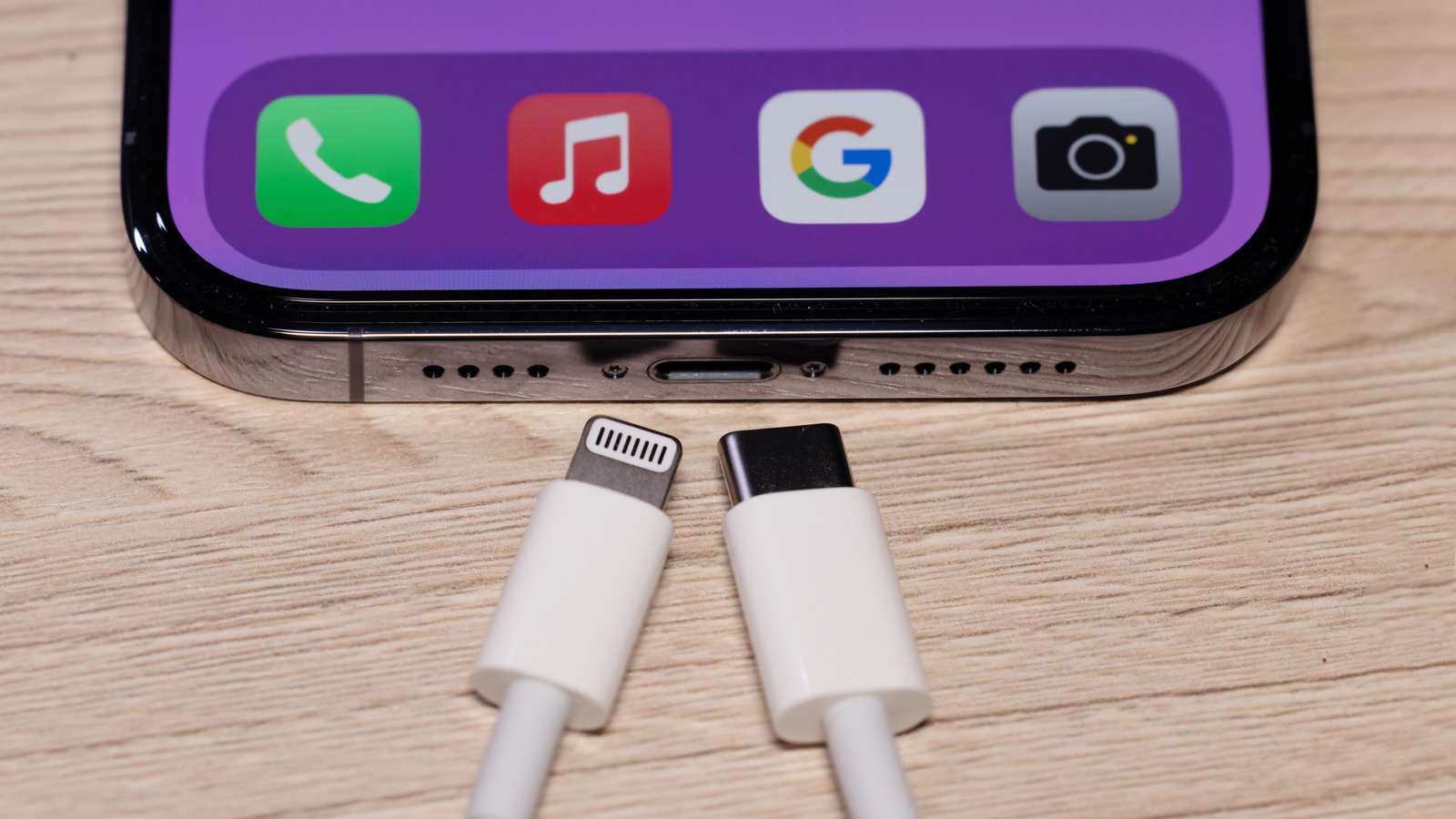















































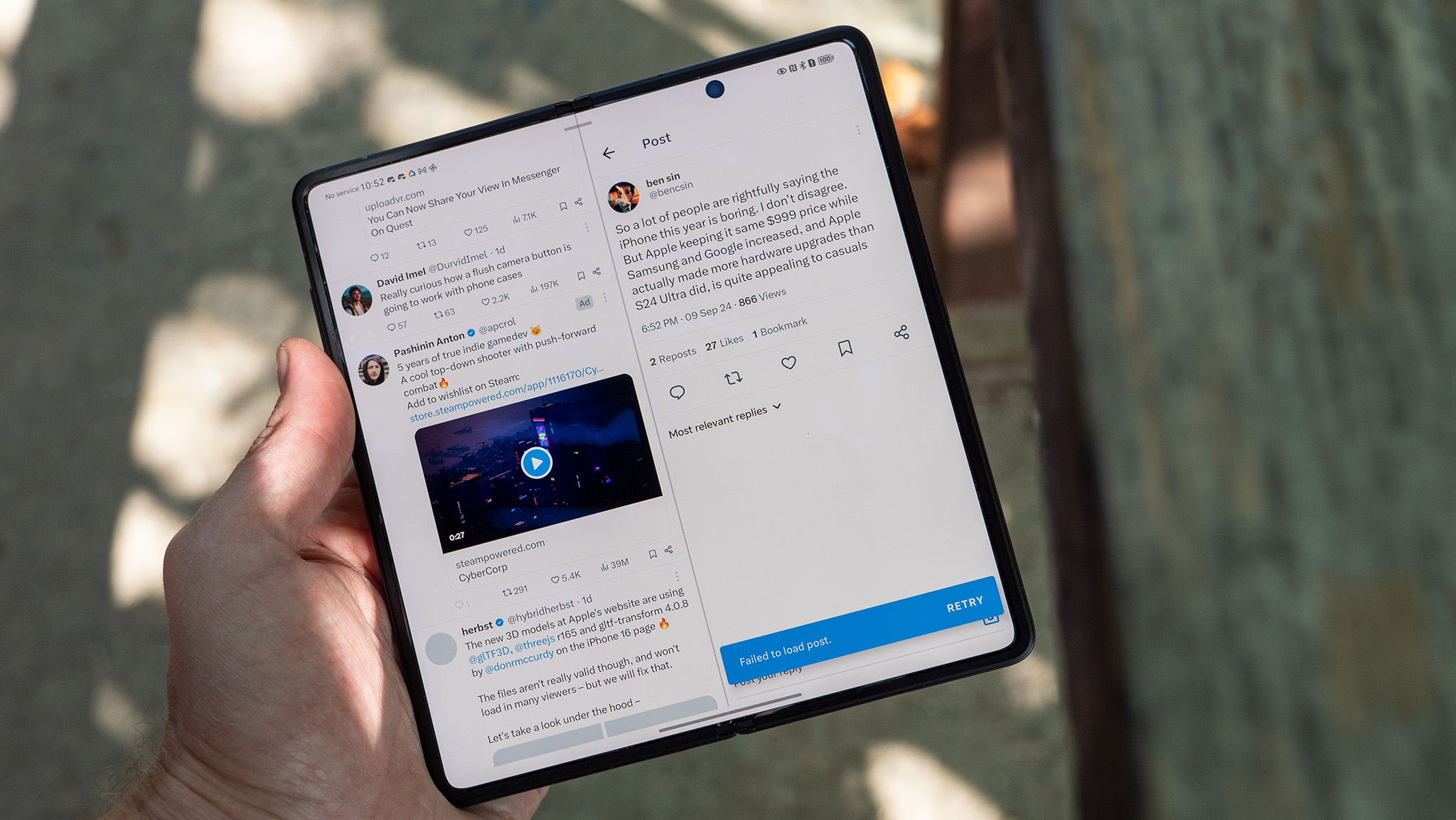





















![Apple 15-inch M4 MacBook Air On Sale for $1023.86 [Lowest Price Ever]](https://www.iclarified.com/images/news/97468/97468/97468-640.jpg)

























